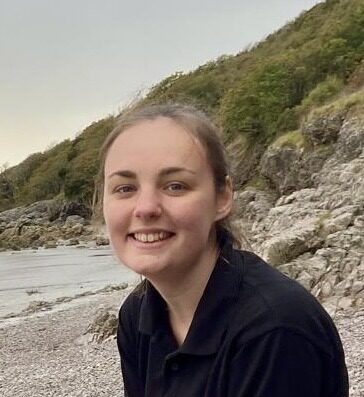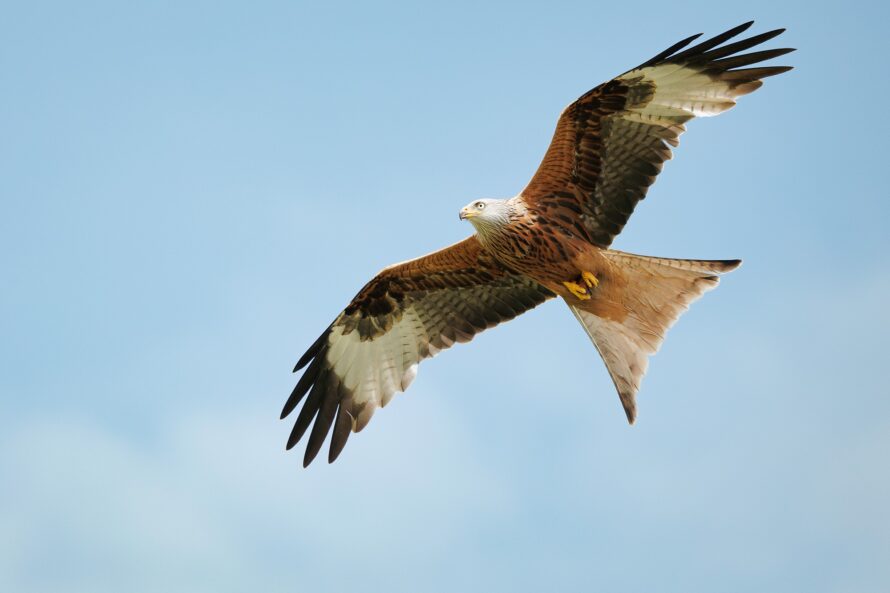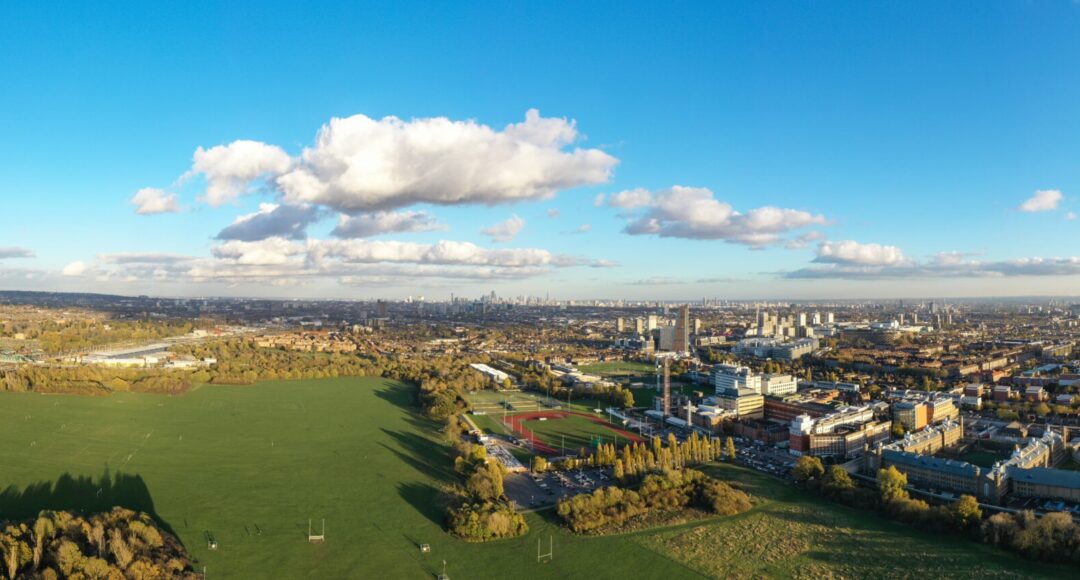What was one of the first things on the agender when you started?
Another tough question, there was a couple! The idea I was most excited by is changing the bedding in the local parks to make it more pollinator friendly. Our pollinators are in real trouble. Flower-rich habitats are declining rapidly and more than half of UK bee, butterflies and moth species have declined in the past 50 years. 30 bee species face extinction. Rapid urbanisation has destroyed their habitats, and we need these little guys! Not only is it lovely to see butterflies and bees going about their daily business, but they are also vital to our food security. We can’t live without them. Parks and gardens play a vital role in getting pollinator numbers back on track. I am really excited by the idea of improving local green spaces for our pollinators.
P.S If you are interested in helping pollinators, research ‘Get your garden buzzing’, you don’t even need a garden to help these fabulous creatures!
What short term goals do you have for Barrow-in-Furness?
One of my top, short-term priorities is to find an alternative to glyphosate. Glyphosate is a harmful herbicide and has been shown to have substantial negative impacts on pollinators. There are some organic alternatives out there, I want to trial them, see how effective they are and if we can make a permanent switch in Barrow.
What longer term goals do you have for Barrow-in-Furness?
I want to engage more of the local community. Climate change is a real and scary threat. We all need to be involved to help make a difference. I really like the idea of working in urban green space, nature reserves are mostly visited by people already interested in nature or dog walkers. Urban green space managed for nature delivers the ecosystem to your back door, making it hard to ignore. The more people are involved, the greater our capacity to fight climate breakdown and restore ecosystems.
Please come and get involved. If you aren’t based in South Cumbria, join another group. There are lots of conservation organisations doing great work across the country! Alternatively, start in your garden as mentioned above.




